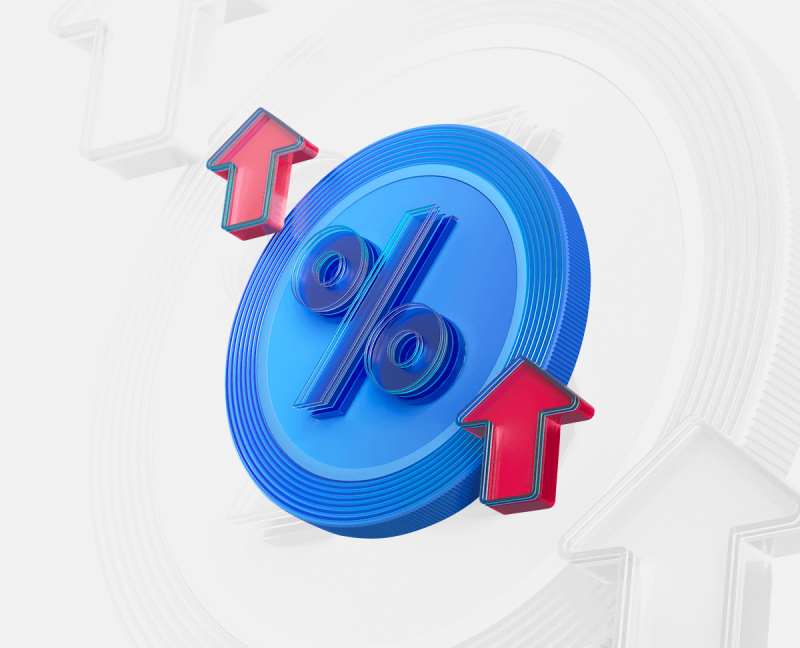
Overseas payments can be challenging at the best of times - so what about on the backdrop of a rise in interest rates?
News headlines about an increase in interest rates might center largely on consumers, but for business owners and sole traders, the impact of this could already be evident in your financial health and money management.
The Bank of England's recent decision to increase interest rates in the UK aims to help tackle rising inflation which is currently higher than the national target of 2%, and provide a greater overall outlook for the economic landscape in the coming months and years.
While there are a number of things you may need to take into consideration as a B2B professional (more on this in our recent blog - we'd encourage you to have a quick read), understanding how this might affect your international payments should be top of your list.
Let's review how these increases could impact your money management across shores. And if you're new to making international payments, you might want to read our overview of paying suppliers in the US to help you get started.
News headlines about an increase in interest rates might center largely on consumers, but for business owners and sole traders, the impact of this could already be evident in your financial health and money management.
The Bank of England's recent decision to increase interest rates in the UK aims to help tackle rising inflation which is currently higher than the national target of 2%, and provide a greater overall outlook for the economic landscape in the coming months and years.
While there are a number of things you may need to take into consideration as a B2B professional (more on this in our recent blog - we'd encourage you to have a quick read), understanding how this might affect your international payments should be top of your list.
Let's review how these increases could impact your money management across shores. And if you're new to making international payments, you might want to read our overview of paying suppliers in the US to help you get started.
Put simply: a rise in interest rates can impact the value of currencies, in turn affecting the rate at which you are able to convert money. There are a number of factors that can play into this, including inflation, where you are trading, and with what currency, but if you're a business with regular income or asset holdings abroad, this could be a time to pause and think.
If your business holds assets abroad and isn't in immediate need to convert these back to sterling, you may wish to sit tight and wait for a steadier, more predictable landscape - speaking with an independent financial advisor will mean you can gain tailored guidance on your business and business needs, and allay any concerns or head-scratching.
The same goes for suppliers. There is a chance that this could impact your overall supply chain, depending on whether your vendors and suppliers also have assets overseas. One such tactic would be to establish fixed contracts with associates which already take these very circumstances - and any other similar situations that might arise in the future - into account.
In fact, even if your suppliers don't meet these criteria, they could still be impacted by rising interest rates through their overhead costs. Meaning fixed contracts could also help you mitigate challenges on UK shores too.
It's important to remember that the relationships between interest rates, inflation and exchange rates are complex and changeable, and certainly can't be approached using a uniform or one-to-one tactic. Just like your business. Safenetpay not only seeks the best possible FX deal for you, but our exchange rates are typically four times cheaper than high street banks.